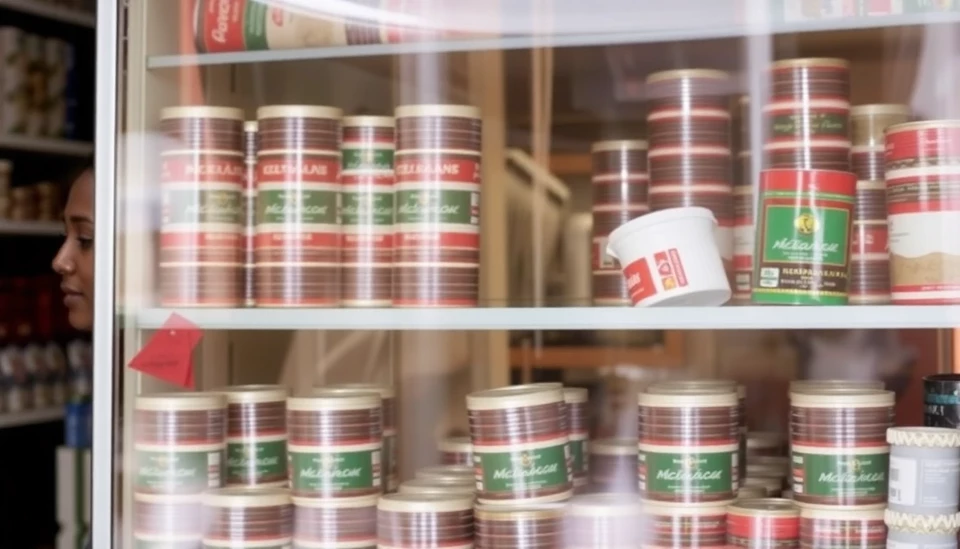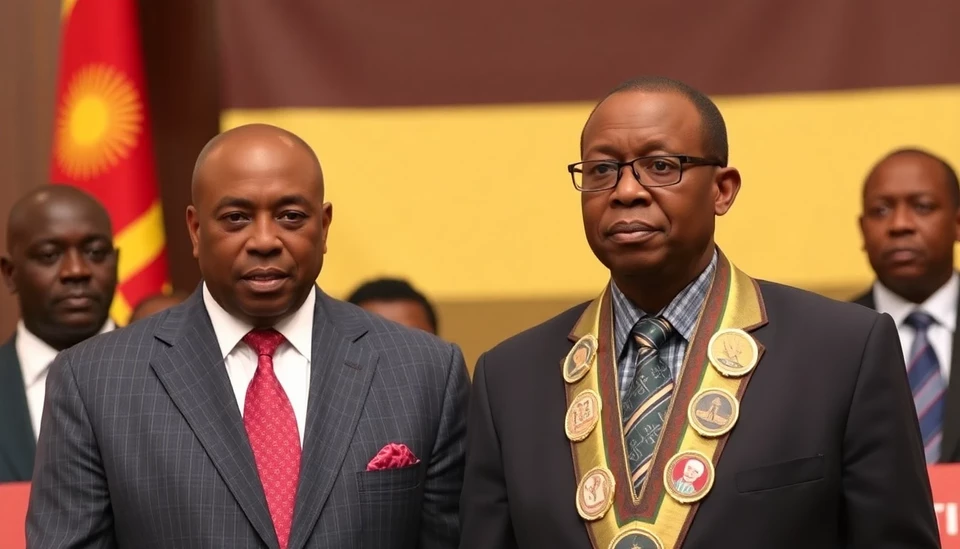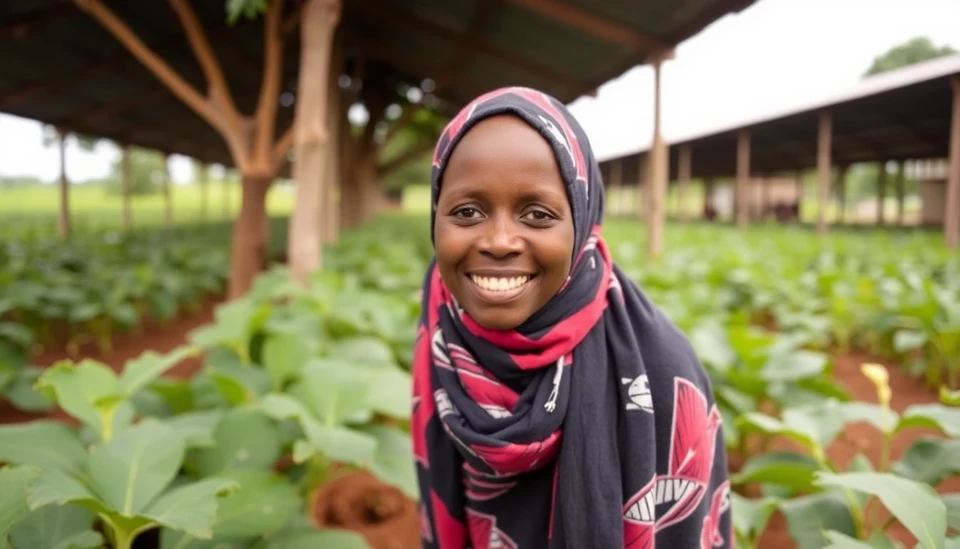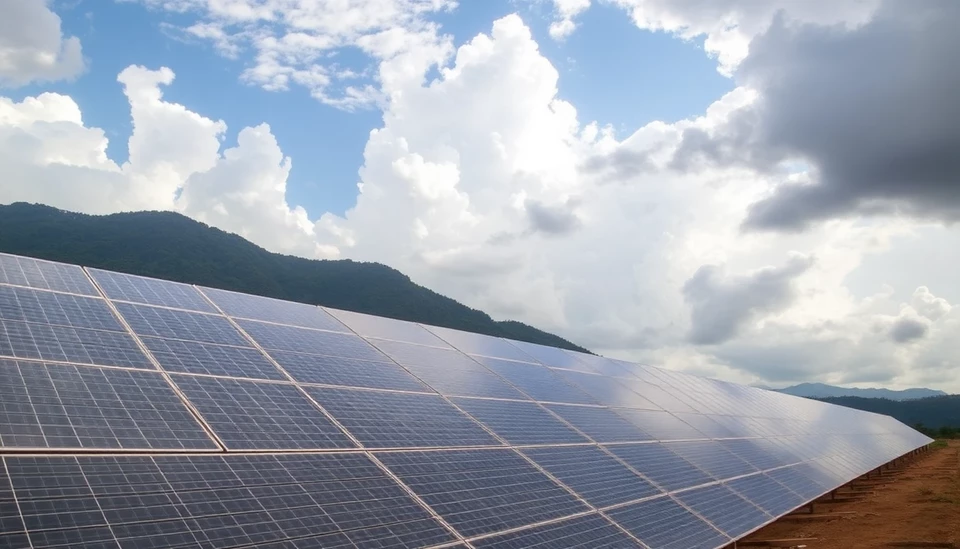
Malawi, a country located in southeastern Africa, is grappling with a noticeable increase in inflation rates, as recent data indicates that consumer prices have surged by an alarming 28.5%. This sharp rise reflects the challenges the nation continues to face in the wake of economic instability and external factors impacting its markets.
According to the National Statistical Office of Malawi, this latest inflation figure marks a significant increase from previous months, prompting concerns among economists and policymakers alike. The spike in consumer prices is largely attributed to higher costs in essential goods and services, which have been compounded by currency fluctuations and supply chain interruptions.
Key contributors to the inflationary pressures include rising food prices, which have seen a sharp uptrend due to drought conditions affecting agricultural output, as well as the impact of ongoing global economic pressures such as increased fuel prices. Furthermore, the depreciation of the Malawian kwacha against major currencies has further exacerbated the challenges faced by consumers, eroding purchasing power and straining household budgets.
In response to this economic situation, analysts are urging the Malawian government to consider policy measures that can provide relief to citizens and stabilize the economy. Suggestions include implementing subsidies for essential goods, enhancing agricultural productivity initiatives, and improving infrastructure to streamline supply chains.
The Reserve Bank of Malawi is also keeping a close watch on these developments, as it weighs the potential impact on monetary policy. With inflation projected to remain elevated in the near term, the central bank faces the difficult task of balancing inflation control with the need to support economic growth.
The rising cost of living is hitting the most vulnerable populations the hardest, and there are increasing calls for the government to take decisive action to protect these groups. As inflation continues to rise, the socio-economic implications could lead to increased discontent among citizens, and potentially destabilize the political landscape if not addressed promptly.
As Malawi navigates through these turbulent economic waters, the government's ability to respond effectively to inflationary pressures will be crucial in fostering stability and ensuring the well-being of its citizens.
In summary, Malawi is currently experiencing significant inflation, driven by various interrelated factors including food price increases, currency depreciation, and broader economic disruptions. The coming months will be vital as the government and central bank look for ways to mitigate the impacts of this concerning trend.
#Malawi #Inflation #EconomicCrisis #ConsumerPrices #FoodPrices #Kwacha #CentralBank #EconomicStability #AgriculturalChallenges
Author: Daniel Foster


